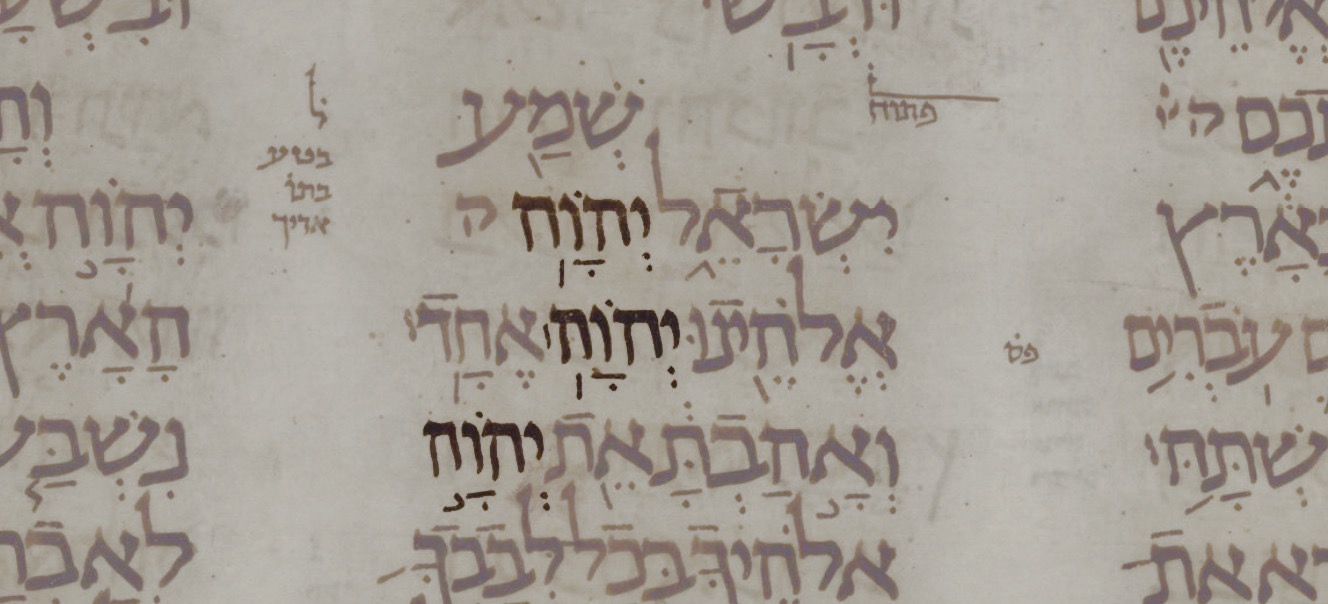- Thread starter
- #121
1 Corinthians 5:21
For
γὰρ (gar)
Conjunction
Strong's 1063: For. A primary particle; properly, assigning a reason.
since
ἐπειδὴ (epeidē)
Conjunction
Strong's 1894: Of time: when, now, after that; of cause: seeing that, forasmuch as. From epei and de; since now, i.e. when, or whereas.
death
θάνατος (thanatos)
Noun - Nominative Masculine Singular
Strong's 2288: Death, physical or spiritual. From thnesko; death.
[came] through
δι’ (di’)
Preposition
Strong's 1223: A primary preposition denoting the channel of an act; through.
a man,
ἀνθρώπου (anthrōpou)
Noun - Genitive Masculine Singular
Strong's 444: A man, one of the human race. From aner and ops; man-faced, i.e. A human being.
[the] resurrection
ἀνάστασις (anastasis)
Noun - Nominative Feminine Singular
Strong's 386: A rising again, resurrection. From anistemi; a standing up again, i.e. a resurrection from death (its author), or a recovery.
of [the] dead
νεκρῶν (nekrōn)
Adjective - Genitive Masculine Plural
Strong's 3498: (a) adj: dead, lifeless, subject to death, mortal, (b) noun: a dead body, a corpse. From an apparently primary nekus; dead.
[comes] also
καὶ (kai)
Conjunction
Strong's 2532: And, even, also, namely.
through
δι’ (di’)
Preposition
Strong's 1223: A primary preposition denoting the channel of an act; through.
a man.
ἀνθρώπου (anthrōpou)
Noun - Genitive Masculine Singular
Strong's 444: A man, one of the human race. From aner and ops; man-faced, i.e. A human being.
For
γὰρ (gar)
Conjunction
Strong's 1063: For. A primary particle; properly, assigning a reason.
since
ἐπειδὴ (epeidē)
Conjunction
Strong's 1894: Of time: when, now, after that; of cause: seeing that, forasmuch as. From epei and de; since now, i.e. when, or whereas.
death
θάνατος (thanatos)
Noun - Nominative Masculine Singular
Strong's 2288: Death, physical or spiritual. From thnesko; death.
[came] through
δι’ (di’)
Preposition
Strong's 1223: A primary preposition denoting the channel of an act; through.
a man,
ἀνθρώπου (anthrōpou)
Noun - Genitive Masculine Singular
Strong's 444: A man, one of the human race. From aner and ops; man-faced, i.e. A human being.
[the] resurrection
ἀνάστασις (anastasis)
Noun - Nominative Feminine Singular
Strong's 386: A rising again, resurrection. From anistemi; a standing up again, i.e. a resurrection from death (its author), or a recovery.
of [the] dead
νεκρῶν (nekrōn)
Adjective - Genitive Masculine Plural
Strong's 3498: (a) adj: dead, lifeless, subject to death, mortal, (b) noun: a dead body, a corpse. From an apparently primary nekus; dead.
[comes] also
καὶ (kai)
Conjunction
Strong's 2532: And, even, also, namely.
through
δι’ (di’)
Preposition
Strong's 1223: A primary preposition denoting the channel of an act; through.
a man.
ἀνθρώπου (anthrōpou)
Noun - Genitive Masculine Singular
Strong's 444: A man, one of the human race. From aner and ops; man-faced, i.e. A human being.
- Death came because of Adam!





